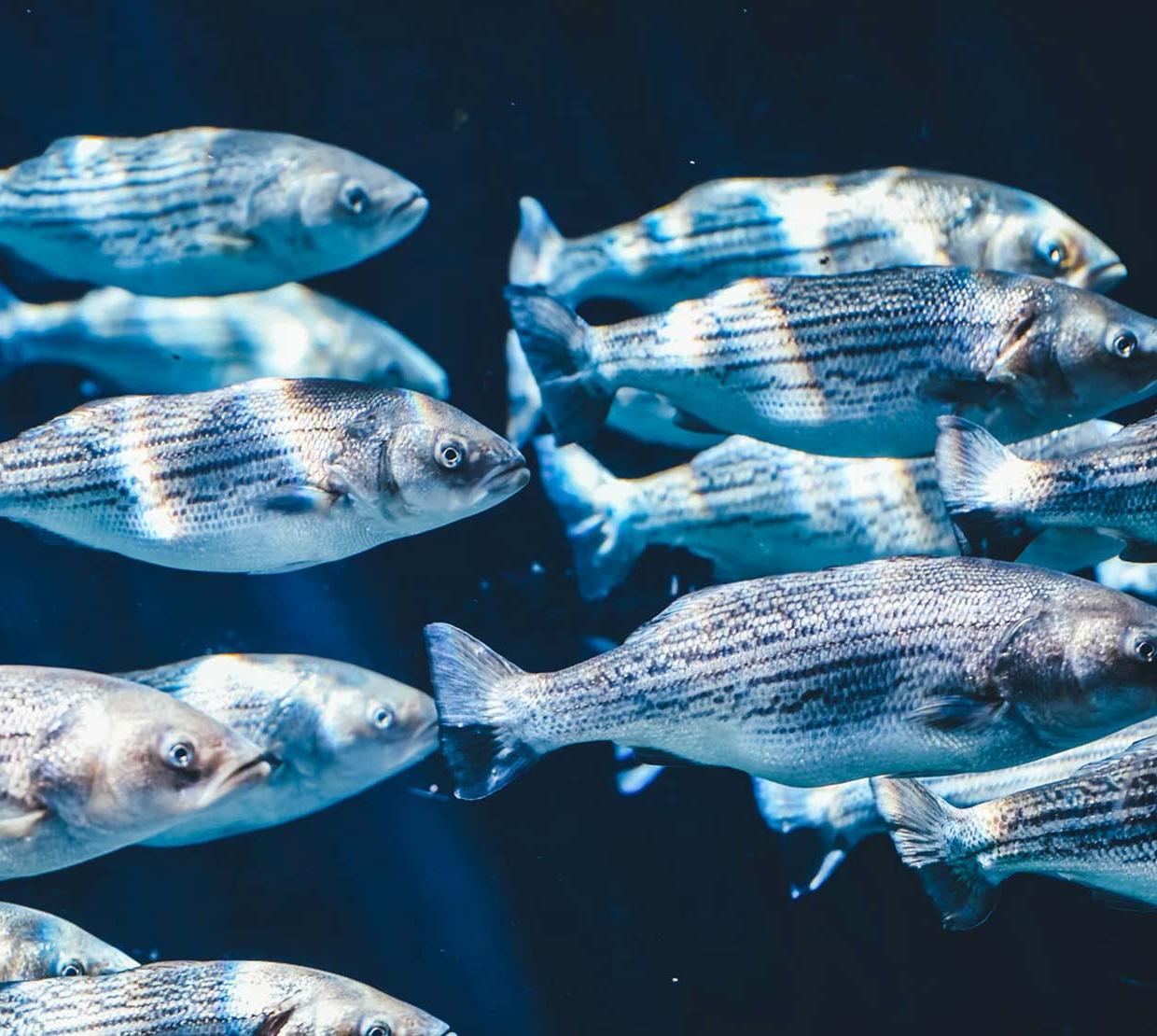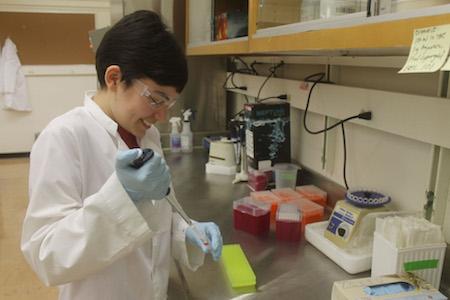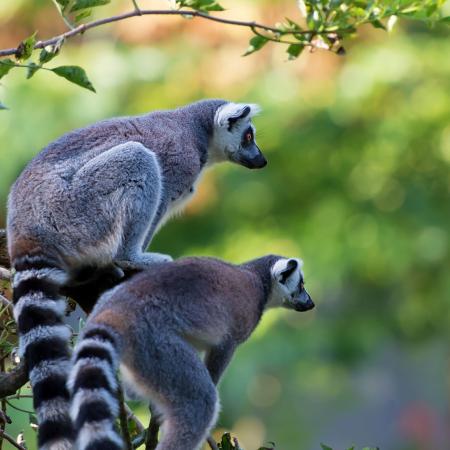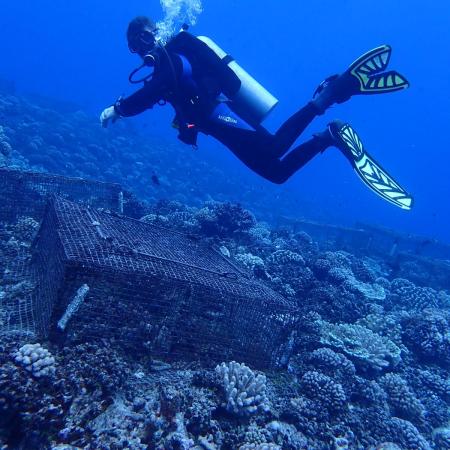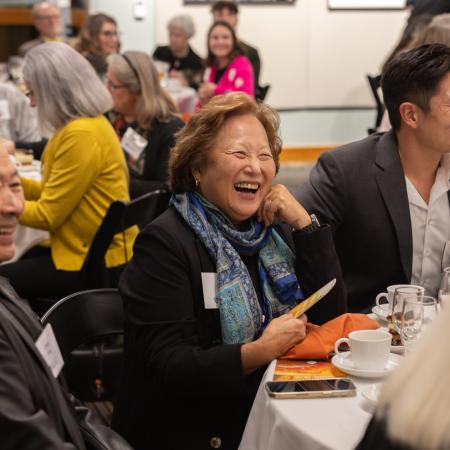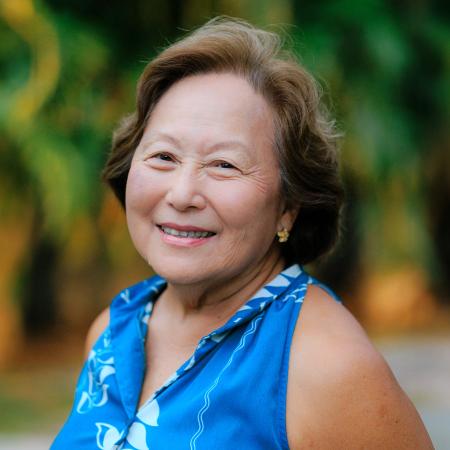A longstanding and fruitful collaboration that benefits fish health and sustainable economic growth in Oregon was recently reinforced by a five-year, $404,000 renewal of the Fish Health Graduate Research Fellowship in Microbiology at Oregon State University by the Oregon Department of Fish and Wildlife (ODFW).
Since 2005, through its annual fellowship, the ODFW has supported a microbiology graduate student working on a topic relevant to fish health, providing salary, tuition and funds to support research and travel. Since this fellowship was established, eight students have received support for two to four years. Three ODFW Fellows have landed positions in the area of fish health: Jayde Ferguson with Alaska Department of Fish and Game; Matthew Stinson with the Northwest Indian Fisheries Commission; and Michelle Jakaitis with the Idaho Department of Fish and Game. These graduates are now setting policies to ensure a healthy resource well into the future.
The ODFW has been an important partner for the Department of Microbiology and OSU since the 1960s, reflecting the strong agricultural mission of the department. The partnership is embodied in ODFW’s Fish Health Unit, which is located on the OSU campus and employs five microbiologists who conduct disease diagnostics for 30 state-run hatcheries, which annually raise and release more than 50 million juvenile fish into the wild, including salmon, steelhead and several species of trout.
The educational impact of the ODFW-Microbiology partnership extends beyond the generous fellowship. The Fish Health Unit offers undergraduate and graduate student valuable research experiences, provides cell cultures and bacterial isolates for lab courses and research, presents guest lectures and sometimes employs OSU microbiology graduates.
Oregon’s “blue economy,” which includes commercial and sport fishing, is another direct beneficiary of the partnership. The Fish Health Unit plays a crucial role in proactively reducing and treating fish diseases and pathogens. As pathogens are more readily transmitted in higher densities, the research is particularly critical to state-run hatcheries, which help to mitigate the effect of humans on fish populations from dams, overfishing, habitat loss and, increasingly, climate change, as warmer oceans introduce greater pathogen risks for native populations.
